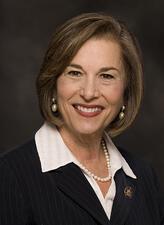Activism
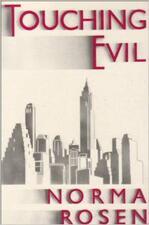
Norma Rosen
Born in Brooklyn in 1925 to secular and assimilated parents, Norma Rosen was an American-Jewish novelist, essayist, educator, editor, and professor. Rosen’s exploration of Jewish history and religion in her writings contributed to questions surrounding Jewish theology and Jewish feminism in the second half of the twentieth century.
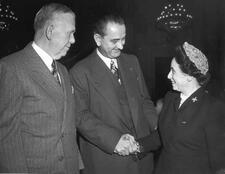
Anna Rosenberg
Anna Lederer Rosenberg was an administrator, diplomat, and public relations and manpower expert who advised multiple presidents. In 1950 she became the first female Assistant Secretary of Defense. Deeply admired by military and government leaders, Rosenberg’s success demonstrates how deftly she maneuvered within these male-dominated arenas.
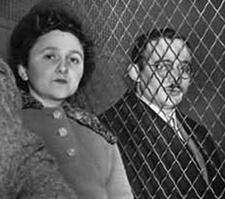
Ethel Rosenberg
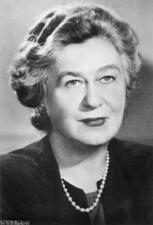
Etta Lasker Rosensohn
An influential philanthropist and social activist, Etta Lasker Rosensohn focused most of her energy on Jewish and Zionist affairs in New York City. Her great passion was Hadassah, where she served on the national board for more than two decades and as the national president.
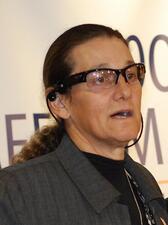
Martine Rothblatt
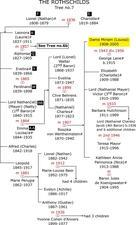
Dame Miriam Rothschild
Dame Miriam Rothschild was a renowned British natural scientist who published over 300 scientific papers throughout her lifetime, making groundbreaking contributions to the fields of entomology, zoology, marine biology, and wildlife conservationism. In 1985 she was made a Fellow of the Royal Society and credited for her work in the histology, morphology, and taxonomy of fleas.
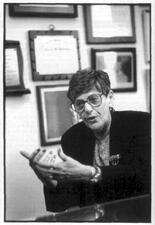
Ruth Rothstein
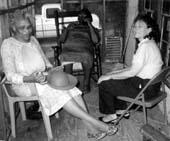
Vivian Leburg Rothstein
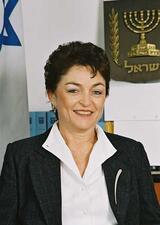
Saviona Rotlevy
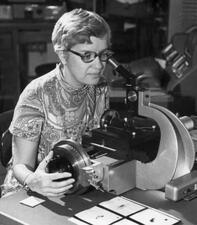
Vera Cooper Rubin
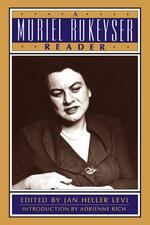
Muriel Rukeyser
Russian Immigrants in Israel
Approximately 350,000 Jewish women moved to Israel from the Former Soviet Union after 1989. Among the key issues they faced were occupational downgrading, sexuality and family life, sexual harassment, marital distress, and single-parent families.
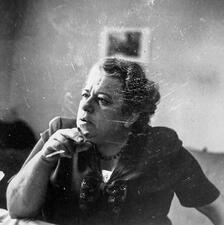
Sadie Shapiro
Sadie Shapiro was an American-Jewish medical social worker who made pioneering contributions to the field of rehabilitation. She developed a novel service for wounded soldiers during World War II that integrated medical care, rehabilitation, and occupational retraining. Regarded as the nation’s top expert in the field of medical social work, Shapiro was hired by the AJJDC to oversee medical social services among Holocaust survivors in the DP camps of Europe.
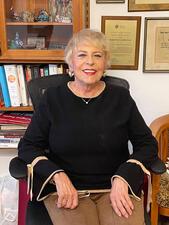
Marilyn Safir
Marilyn Safir is an Israeli-American psychologist who played a critical role as a feminist activist in sparking the Israeli women’s movement and in establishing the academic field of women’s studies in Israel. Her academic career has focused on sex, sexuality, and gender.
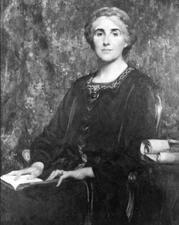
Nina Ruth Davis Salaman
Nina Salaman was a well-regarded Hebraist, known especially for her translations of medieval Hebrew poetry, at a time when Jewish scholarship in Europe was a male preserve. In addition to her translations, she published historical and critical essays, book reviews, and an anthology of Jewish readings for children, as well as poetry of her own.
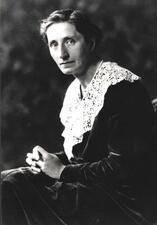
Alice Salomon
Alice Salomon was an educator, feminist, economist, and international activist who was one of the pioneers of the emerging field of professional social work in Germany in the early 20th century. In 1925 she was among the founders of the German Academy for Women’s Social and Educational Work, and she later served as the first president of the International Committee of Schools of Social Work.
Salonika: Female Education at the end of the Nineteenth Century
Salonika was a vibrant center of Sephardic Jewish life in the Ottoman Empire, at some points even boasting a majority Jewish population. The Alliance Israélite Universelle, a French Jewish educational program, was established to westernize, or in their words “regenerate,” Sephardi and Mizrahi Jewish communities. The Alliance established dedicated girls’ schools to give young Jewish women a secular education.
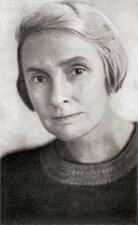
Jessie Ethel Sampter
Jessie Sampter was an important Zionist activist, writer, and educator. As an influential member of Hadassah, the woman’s Zionist organization, she advocated for an inclusive vision of Zionism. Putting her ideas into practice, she moved to Palestine in 1919. Although Sampter’s disability and non-normative family structure did not align with Zionist ideals of strong, healthy bodies, she championed Zionism, though not always uncritically.
Else Rahel Samulon-Guttmann
Else Samulon-Guttmann showed her exceptional intelligence early in life, studying law at Berlin university and earning a PhD from Heidelberg University. Appointed a judge in 1929, she lost her position with the Nazi rise to power in 1933. Samulon-Guttmann stayed in Germany for her mother and was murdered at Auschwitz in 1944.

Bernice Sandler
Bernice (Bunny) Sandler was an activist and education expert who theorized Title IX of the Education Amendments Act of 1972, the federal law that mandates sexual equality in educational institutions that receive federal funding. As such, Sandler was an architect of the 1970s feminist “women’s liberation” movement. She continued to fight sex discrimination in education in the following decades, especially on issues of racial inequity and sexual assault.
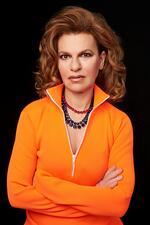
Sandra Bernhard
Sandra Bernhard is an American actor, stand-up comedian, singer, memoirist, and talk show host. She has been a high-profile LGBTQ+ presence over a career that has spanned five decades. Bernhard’s work amalgamates the three perspectives that she has said define her: “the feminist, the social commentator, the Jewess.”
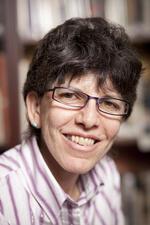
Elli Tikvah Sarah
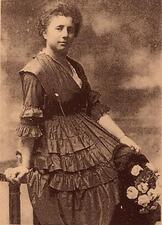
Margherita Sarfatti
Born into a wealthy Venetian Jewish family, Margherita Sarfatti joined the Socialist Party and became the art critic for the newspaper Avanti!, where she met Benito Mussolini. The two became lovers, and she followed Mussolini into the Fascist movement and helped plan the rise of the Fascists, only abandoning his cause when Mussolini embraced antisemitism in 1938.
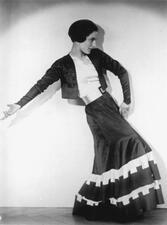
Angiola Sartorio
Angiola Sartorio was a prolific dancer, teacher, and choreographer who subverted fascism in her artistic choices. Sartorio had a company and school, and her company was widely well-received in Italy until it performed for Hitler in Vienna and she had to flee to the United States.
